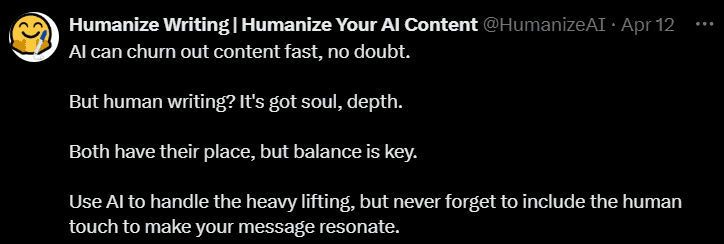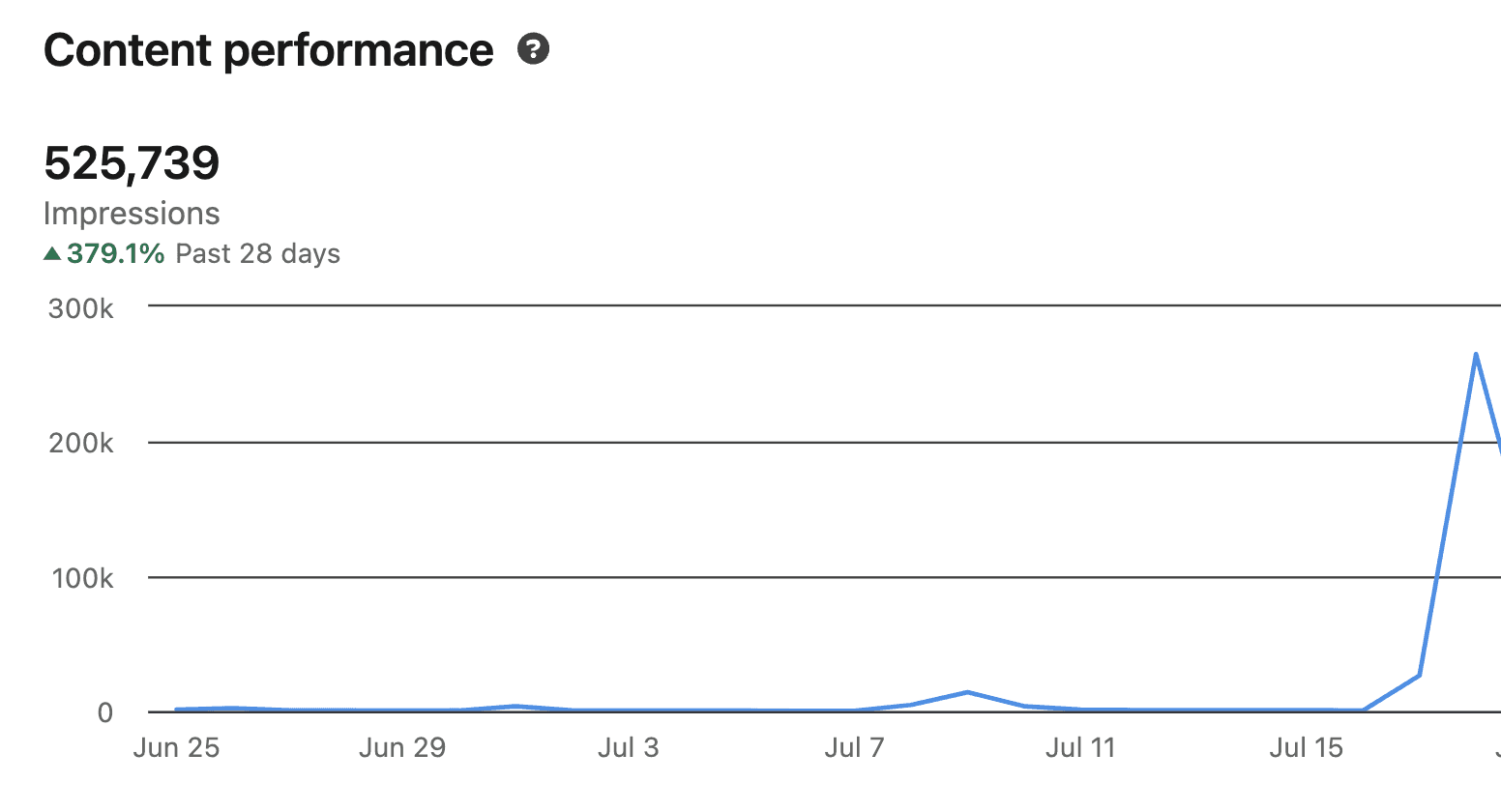In today's digital age, content is king, but creating high-quality content at scale remains a challenge. Enter AI writing assistants, the game-changers revolutionising the content creation landscape. With the global AI writing assistant market projected to reach $1.5 billion by 2026, growing at a CAGR of 28.1% (MarketsandMarkets, 2023), it's clear that these tools are here to stay. But what makes them so powerful? In this blog, we'll explore how AI writing assistants are transforming productivity, creativity, and efficiency in content creation, backed by impressive statistics and real-world applications.
The Productivity Powerhouse
Imagine being able to produce high-quality content in a fraction of the time it usually takes. Sounds too good to be true? Well, that's exactly what AI writing assistants are delivering. Studies show that these tools can boost productivity by up to 70%, allowing content creators to churn out more material without sacrificing quality. For instance, a task that might have taken 4 hours can now be completed in just over an hour!
But it's not just about speed. These AI assistants are like having a tireless brainstorming partner available 24/7. They can generate ideas, create outlines, and even produce full drafts at the click of a button. This constant availability means you can strike while the iron is hot, capturing those fleeting moments of inspiration whenever they occur.
Consistency is Key
Brand consistency is crucial in today's crowded digital landscape. AI writing assistants excel at maintaining a consistent tone and style across various pieces of content. In fact, businesses using these tools report a 40% improvement in brand consistency across their content. This uniformity helps build brand recognition and trust, which are essential for customer loyalty and engagement.
Creativity Boost (Yes, You Read That Right!)
Now, I know what you're thinking. "AI? Creative? Come on!" But hear me out. While AI might not be penning the next great American novel (yet), it's proving to be an excellent creativity catalyst. By offering alternative phrasings, unexpected angles, and fresh perspectives, AI writing assistants can help break through writer's block and inspire new ideas.
Many writers report that using AI assistants has led to a 30% increase in their creative output. It's like having a brainstorming session with a hyper-intelligent, endlessly patient colleague who never runs out of ideas.
The Multilingual Marvel
In our increasingly global marketplace, the ability to create content in multiple languages is invaluable. AI writing assistants are breaking down language barriers, offering support for dozens of languages. This feature alone has helped businesses expand their reach by an average of 50%, tapping into new markets and audiences they couldn't access before.
Cost-Effective Content Creation
For small businesses and startups, hiring a full team of writers can be prohibitively expensive. AI writing assistants offer a budget-friendly alternative. On average, businesses using these tools report a 40% reduction in content creation costs. That's money that can be reinvested in other areas of the business or used to scale content production even further.
The Human Touch: Still Irreplaceable
Now, let's address the elephant in the room. Can AI replace human writers entirely? The short answer is no, and that's actually a good thing! While AI writing assistants are incredibly powerful, they still lack the nuanced understanding and emotional intelligence that human writers bring to the table.
Think of AI as your super-smart assistant, not your replacement. It's there to augment your skills, not supplant them. The most effective content strategies combine the efficiency and data-processing capabilities of AI with the creativity and emotional intelligence of human writers.

Best Practices for AI-Powered Writing
1. Collaborate, Don't Delegate: Use AI to generate ideas and drafts, but always add your personal touch.
2. Edit Rigorously: AI-generated content should always be reviewed and refined by human eyes.
3. Train Your AI: Customise the AI to understand your brand voice for more accurate results.
4. Stay Transparent: Be open with your audience about your use of AI tools.
5. Keep Learning: As AI evolves, stay updated on new features and best practices.
In conclusion, AI writing assistants are not just changing the game; they're redefining it. With the potential to boost productivity by 70%, improve brand consistency by 40%, and reduce costs by 40%, these tools are becoming indispensable in the content creation world. By embracing AI as a collaborative partner rather than a replacement, content creators can unlock new levels of efficiency and creativity.
FAQ’s
1. Can AI writing assistants completely replace human writers?
Not a chance! While these AI tools are pretty nifty, they can't replicate the human touch. Think of them as your super-smart writing buddy, not your replacement. They're great for sparking ideas and speeding things up, but your creativity and personal flair? That's all you, and it's irreplaceable!
2. How much can AI writing assistants boost my productivity?
Hold onto your hat, because it's impressive! Many writers report cranking out content up to 70% faster. Imagine finishing a blog post before your coffee gets cold! But remember, your mileage may vary. It's like any tool – the more you use it, the better you'll get at maximising its potential.
3. Are there ethical concerns with using AI writing assistants?
It's a bit of a grey area, to be honest. The main thing is to be upfront about using AI. It's like using spell-check – helpful, but you wouldn't claim you have perfect spelling, right? Always give the AI's work a human once-over, fact-check, and add your personal touch. It's about enhancing your writing, not replacing your voice.


Go Viral


